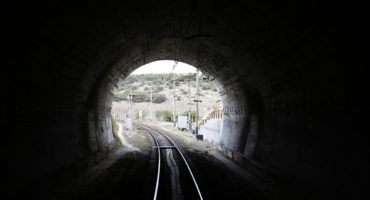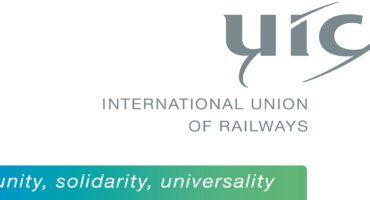Directors of infrastructure have to develop and manage the budget for the group, monitor on-going projects, evaluate short- and long-term strategic plans and evaluate and implement policies, procedures, and associated training plans for infrastructure administration and project management. They also represent the organisation to the customer’s and lead project teams and construction projects.
The professionals in this area have extensive previous experience working with the infrastructure of the railway industry, have strong leadership skills and have well-developed problem solving and decision making capabilities.
Infrastructure planners provide planning and scheduling services in order to determine likely staging of the Annual Maintenance Plan (AMP), the completion of projects, possession scenarios and individual closedown progress.
Professionals in this field have strong interpersonal skills, have experience using planning and statistical software and to have an understanding of the details of the industry.
A track inspector’s responsibility involves ensuring the safety and seamless functioning of certain sections of the track.
Professionals in this position normally patrol the tracks, produce and submit detailed reports on items that require repair or renewal. They are also responsible for supervising and assisting in maintenance works. They determine the need for safety meetings and trainings for rail employees as well as initiate and maintain contacts with employees of other rail agencies.
Track inspectors have a knowledge of rail track system construction, maintenance, testing and inspection techniques as well as the safety criteria for track structure and engineering.














